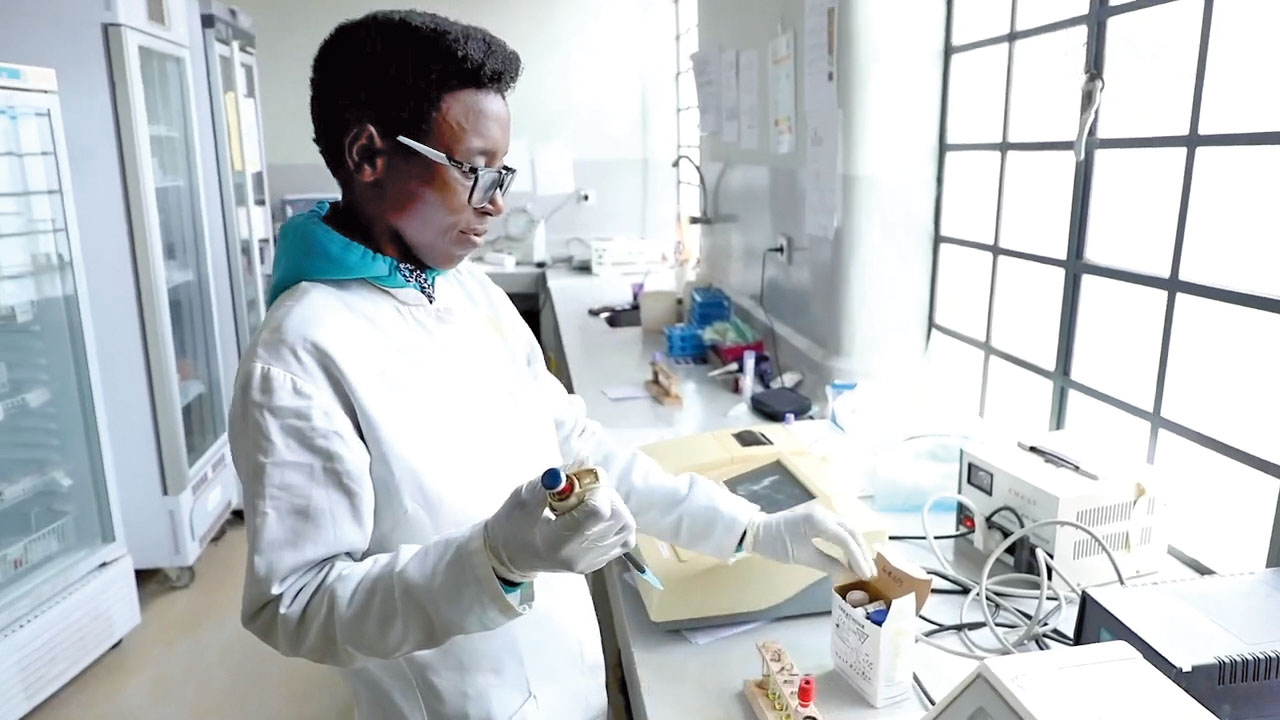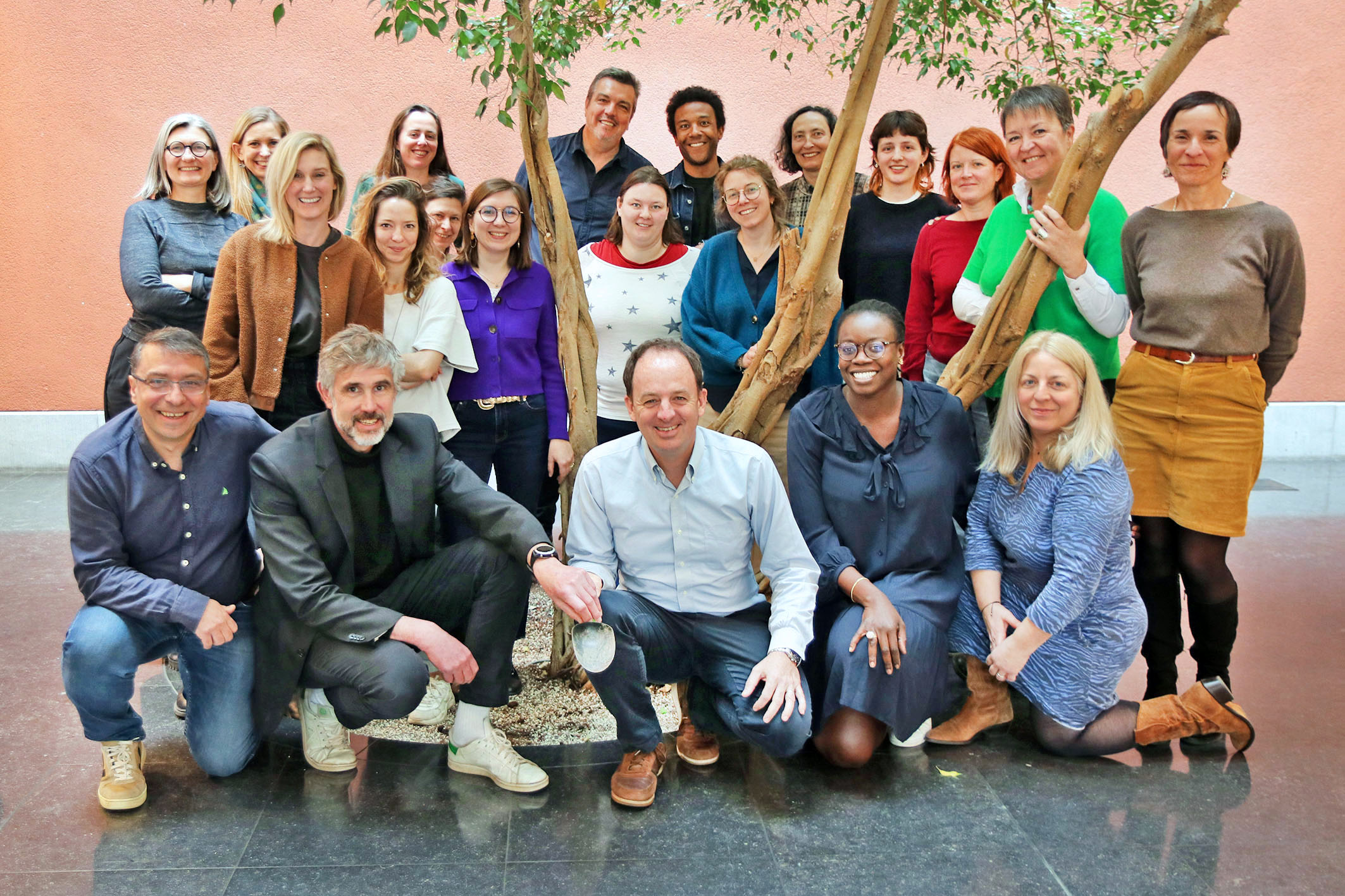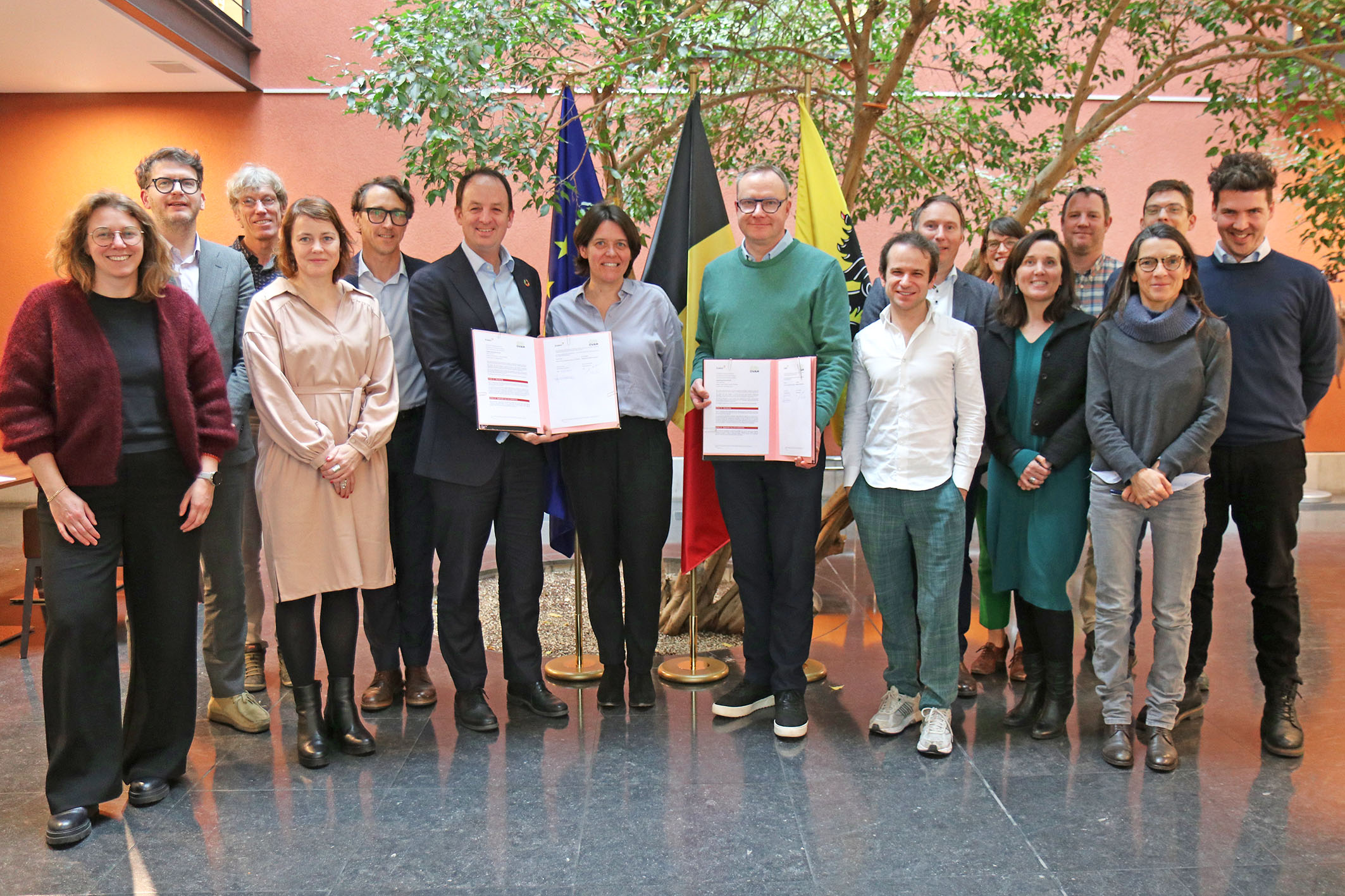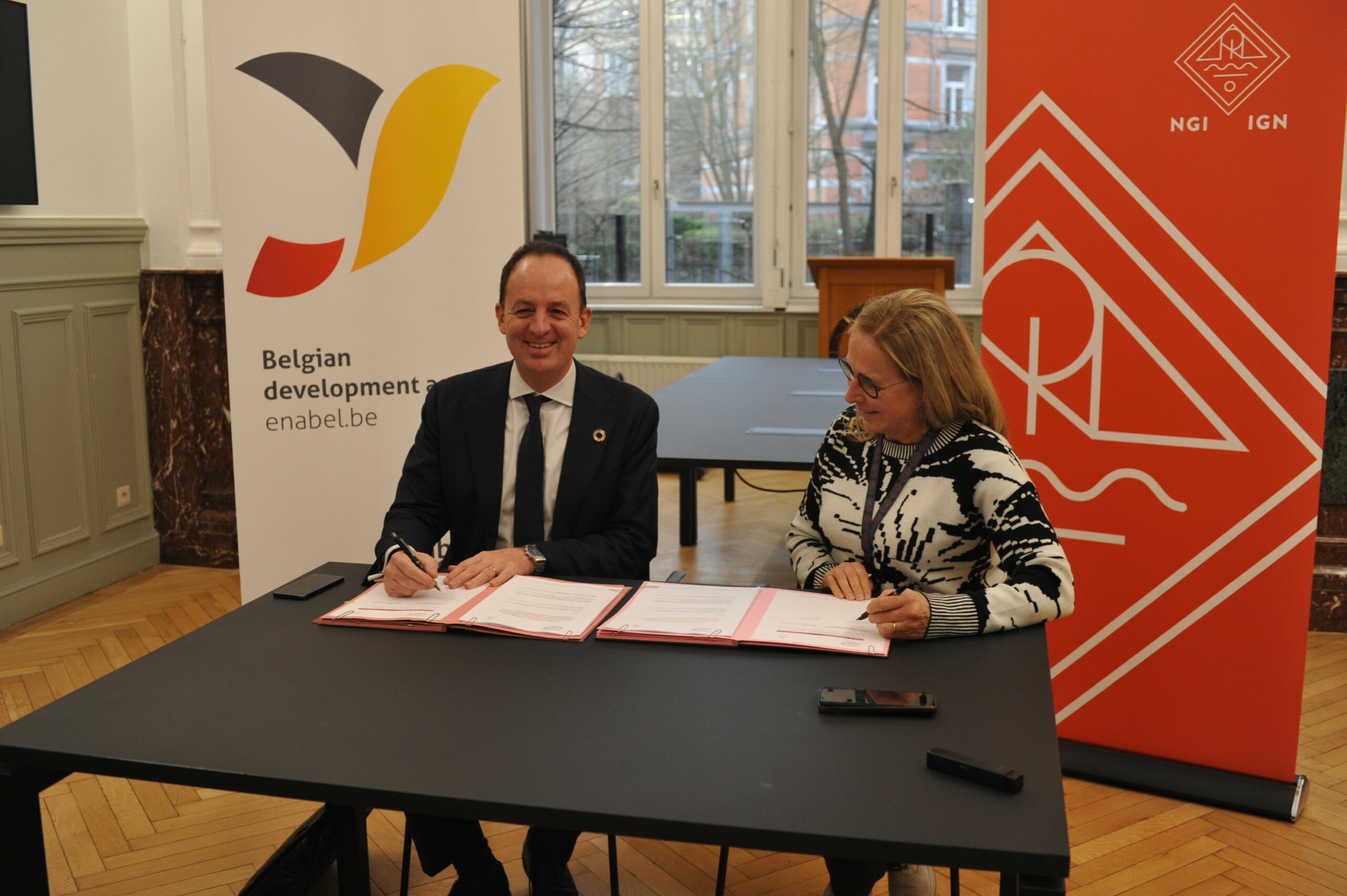Modernise, train, care

Health is a key sector in Enabel’s cooperation with Burundi. In the past ten years, this has resulted in the construction and upgrading of medical infrastructure, the digitisation of health services, the training of healthcare staff and many other essential initiatives.
Modern infrastructure
Bringing existing health facilities and medical equipment up to standard was among the highlights of our work: no fewer than 66 health centres have been renovated. A maintenance strategy for the facilities and their equipment is now operational.
The Kiganda hospital in Muramvya province serves more than 200,000 people with comprehensive health services.
In a country where water and electricity supplies are unstable, Enabel and national authorities allowed equipping 52 health centres with solar energy and 28 centres with drinking water. Generators also ensure that healthcare professionals can do their job under optimum conditions even when there are power cuts.
Digitisation, a public health challenge
In a world in which digital applications are omnipresent, the digital divide comes as a threat to individual and collective development. The health sector is no exception.
Belgium and the European Union support transversal initiatives with a view to digitising more than sixty hospitals and health centres, using digital tools to optimise resource management and improve the monitoring of patient records. Also, a centralised platform bringing together all health data has been set up.
“It used to be hard to keep track of blood donors or to find a donor for rare rhesus needs. Now, we just consult our database and we can call donors.” Ndayiragije Audifax, IT Officer at the National Blood Transfusion Centre
Qualified staff
To provide quality health care, healthcare professionals must have access to modern infrastructure and equipment. But they must also have the most up-to-date knowledge and training possible. That is why medical training had to be reformed.
In close collaboration with the Ministry of Public Health and the Fight against AIDS, a competence-based training approach has now been adopted at national level. Many doctors and nurses were trained in district surgery, the quality of patient care was improved and emergency surgery departments were created in some health centres.







